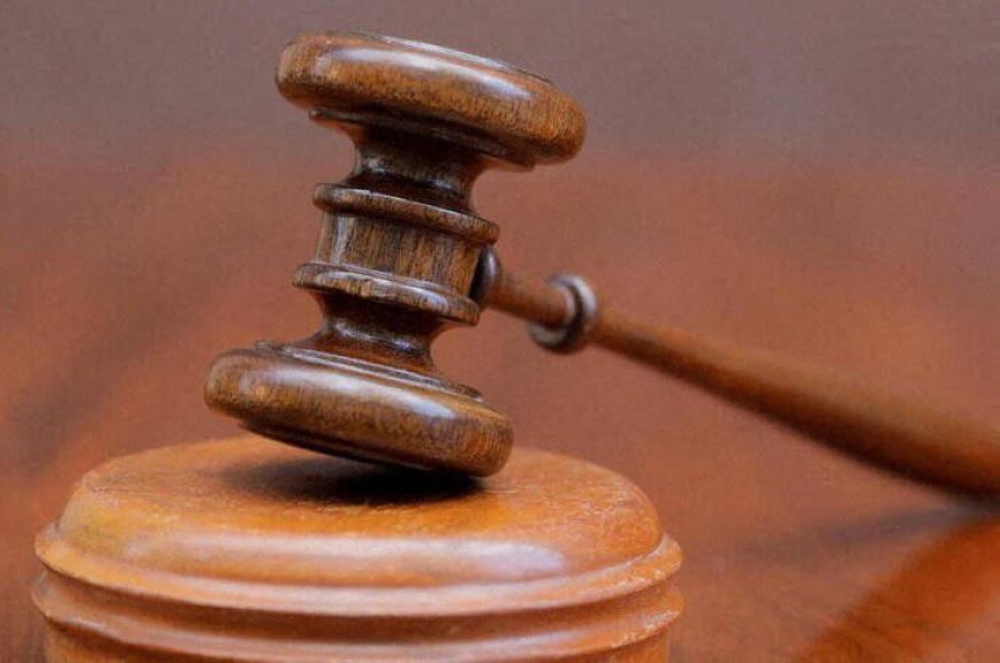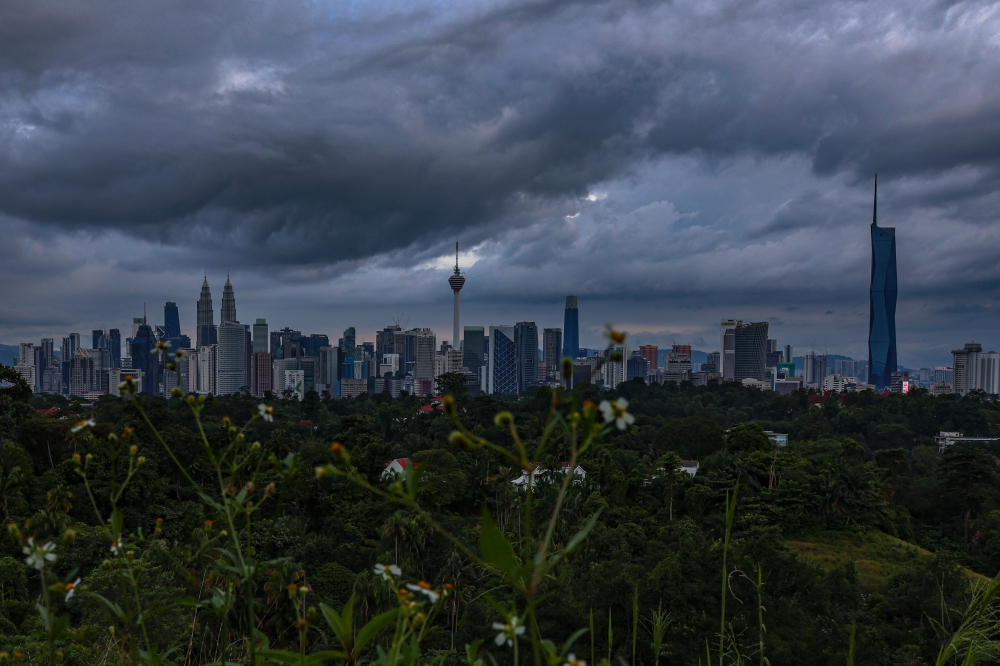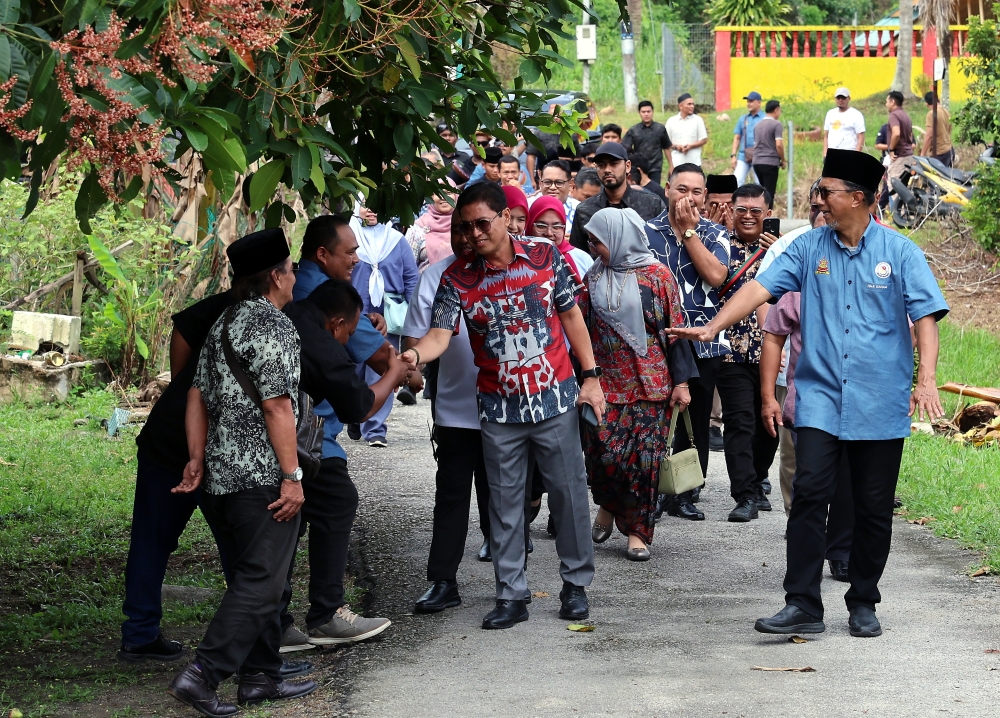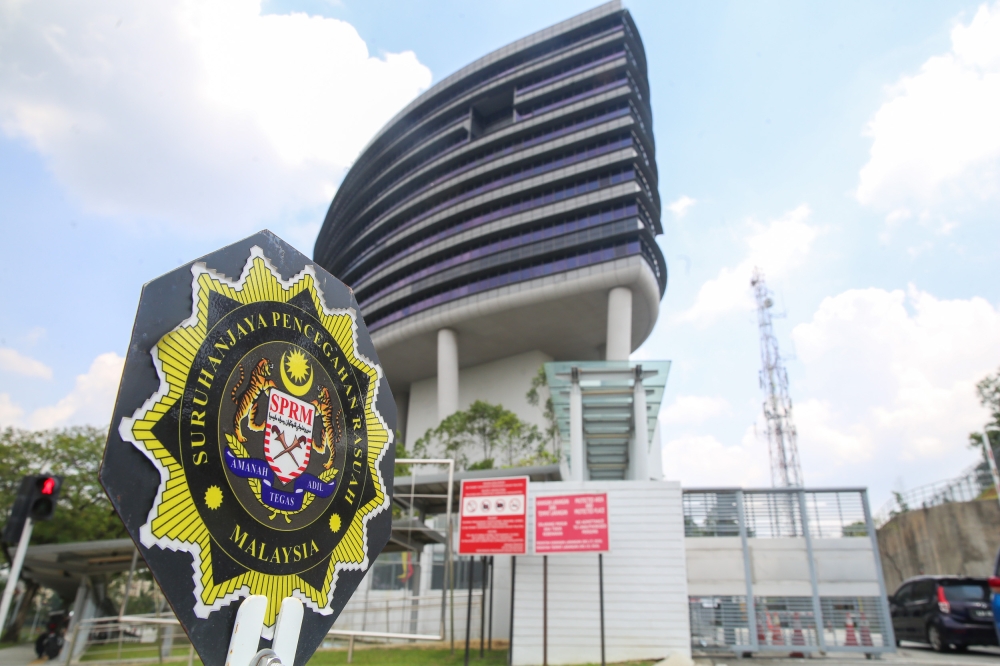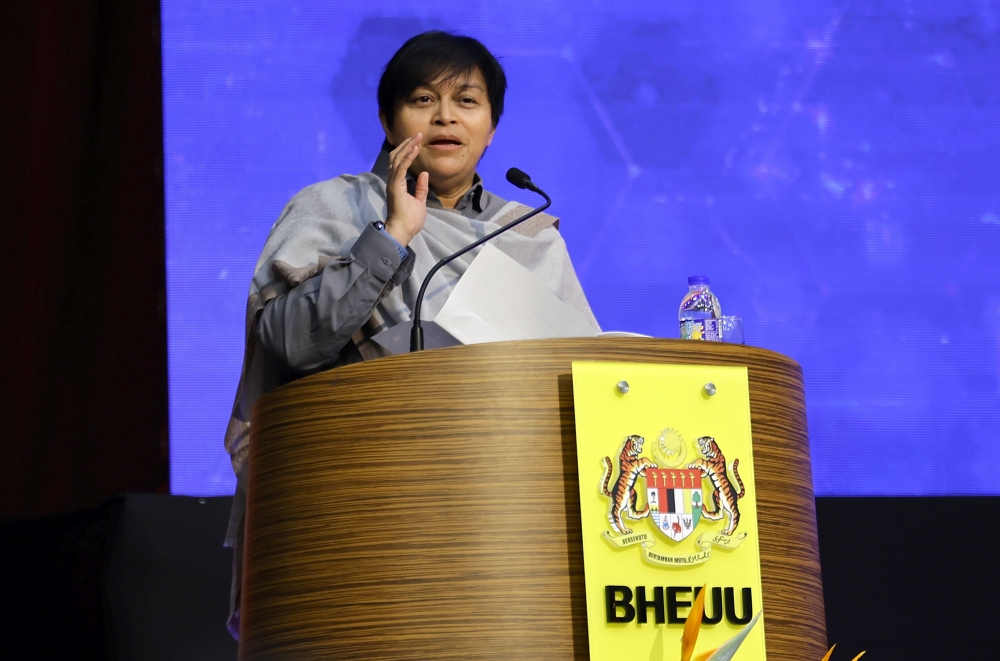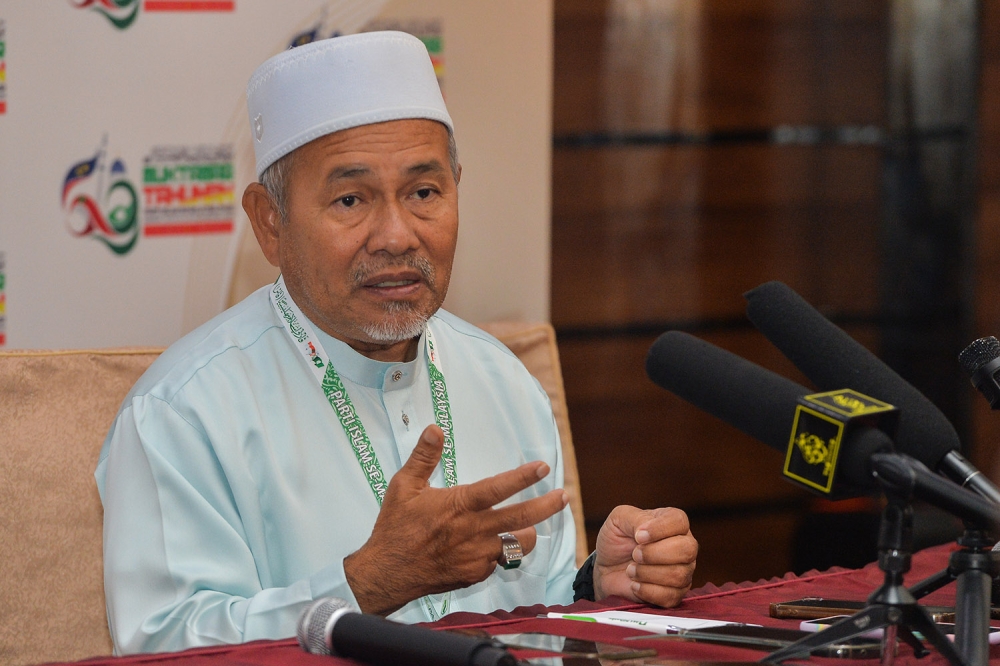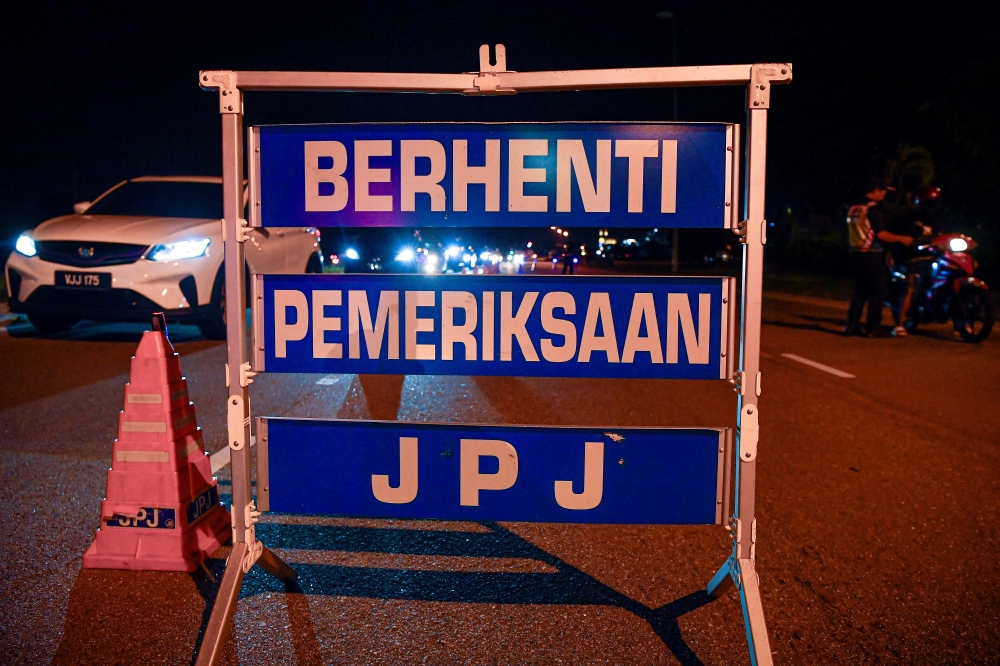KUALA LUMPUR, Dec 30 — The police’s failure to act on violent threats against the aborted Dong Zong rally last week could be seen as encouraging such behaviour, the Human Rights Commission of Malaysia said.
The commission noted that the failure to act was also compounded by the police’s decision to seek a restriction order preventing the Chinese education group’s rally over the introduction of jawi lessons in vernacular schools.
Suhakam said the combination simultaneously undermined civil liberties guaranteed under the Federal Constitution and enabled those who used violence to impose their will on others.
“The commission is concerned that the authorities are giving in to inciters of violence at the expense of the protection of the fundamental rights of Malaysian citizens,” Suhakam said in a statement.
The Chinese education group should have been allowed to continue with its rally despite disagreement from rival groups and the police should have protected Dong Zong’s right to do so instead of curtailing this, Suhakam said.
Suhakam urged the police to continue investigating the threats against Dong Zong, saying these were considered incitement to hatred and sectarian riots and threats to the rule of law in the country.
On December 18, Dong Zong said it would hold a mass gathering of Chinese organisations on December 28 to urge the government to cancel the teaching of the jawi script in the Bahasa Melayu subject in vernacular schools.
The event that was to include Tamil education group representatives was later clarified to be an indoor consultative meeting, instead of a protest or stand-off between the Chinese and Malays.
A day before the December 28 gathering, Malay-Muslim groups announced they would hold a rally outside New Era University College where the event would be held to block it and hold a separate rally at the Kajang stadium just over 1km away.
The police obtained a court order on the same day to bar Dong Zong from proceeding with the conference, citing a danger to public order.





